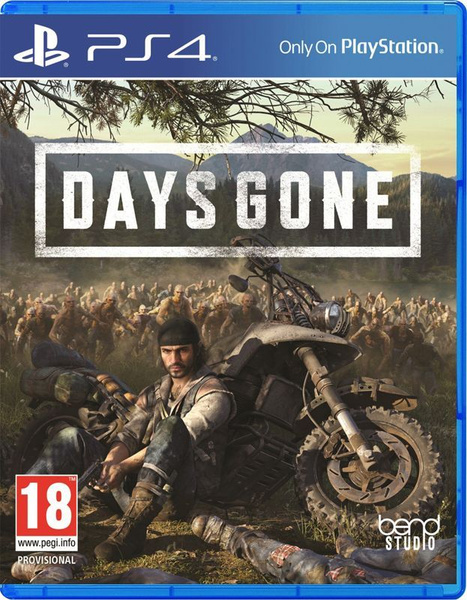The Impact of Days Gone on Modern Gaming

Introduction
Days Gone, the open-world action-adventure game developed by Bend Studio and published by Sony Interactive Entertainment, was released in April 2019. As a major title for the PlayStation 4, it received mixed reviews from critics but found a passionate fan base among gamers. Its importance lies not only in its gameplay and narrative but also in the conversations it sparked around mental health, storytelling in video games, and the viability of single-player experiences in an increasingly multiplayer-focused landscape.
The Gameplay Experience
Set in a post-apocalyptic Oregon, Days Gone casts players in the role of Deacon St. John, a drifter and bounty hunter trying to survive in a world filled with zombie-like creatures called Freakers. Players navigate through vast landscapes, engaging in combat, crafting, and scavenging for resources. The game emphasizes player choice, allowing users to tackle objectives in various ways, which adds to its replayability. According to a 2023 report, Days Gone’s immersive world and detailed environments contributed to its enduring popularity among fans.
Narrative Themes
Days Gone explores deep themes such as loss, redemption, and the complexities of human relationships. Critics noted that the game provided a raw look at grief through the lens of its protagonist’s journey following the disappearance of his wife. This emotional narrative resonated with many players, making it a standout title in a crowded marketplace. Its success also ignited discussions about the representation of mental health issues in video games, illustrating how interactive media can address such topics thoughtfully.
Community Reception and Cultural Impact
Despite its divisive critical reception, Days Gone has fostered a loyal community. As of 2023, the game boasts over 8 million copies sold, demonstrating its significant commercial success. Online forums and social media have been filled with discussions about strategies, fan art, and even hopeful calls for a sequel. Its unique approach to storytelling has inspired game developers seeking to create narratives that resonate on a personal level with players.
Conclusion
Days Gone may have faced mixed reviews initially, but its lasting impact on the gaming community is undoubted. It opened avenues for conversations around mental health and storytelling, proving that single-player games can capture and retain player interest. As the gaming industry continues to evolve, observing how titles like Days Gone influence future game development remains essential. Its success signifies a desire for rich narratives and meaningful gameplay, suggesting a promising future for games that prioritize player connection and emotional depth.









